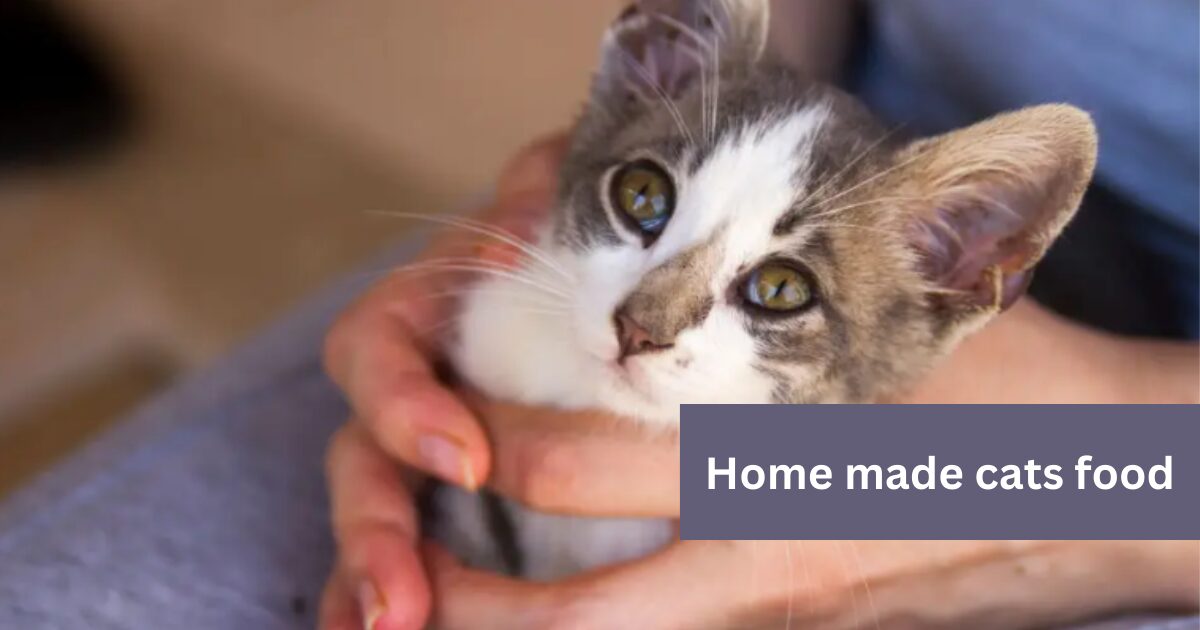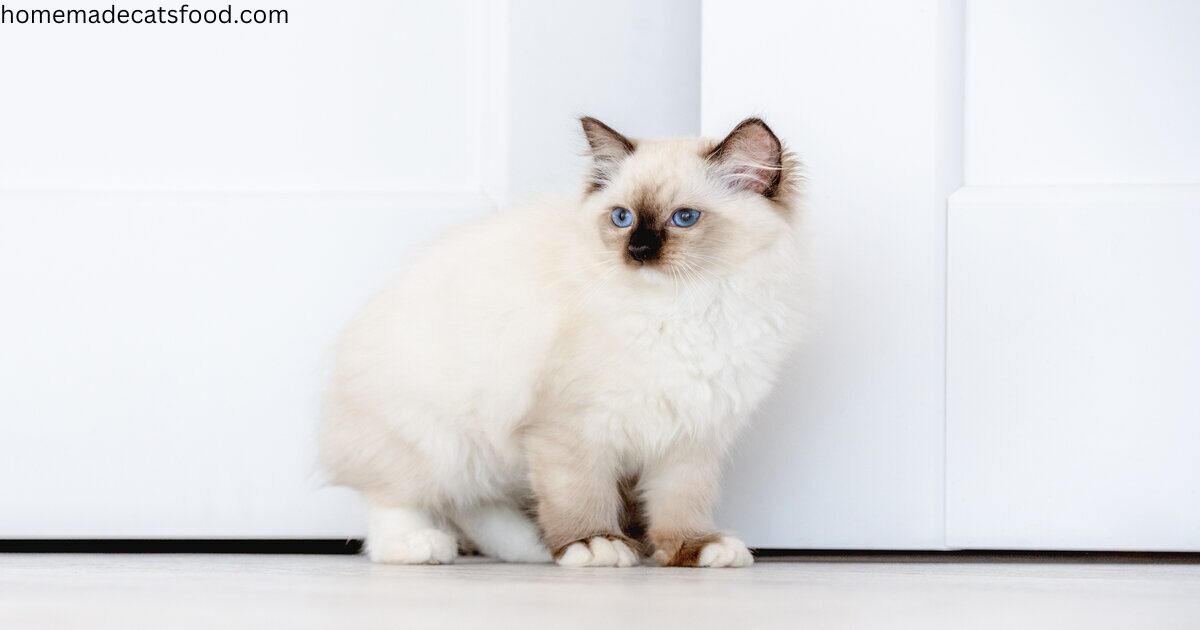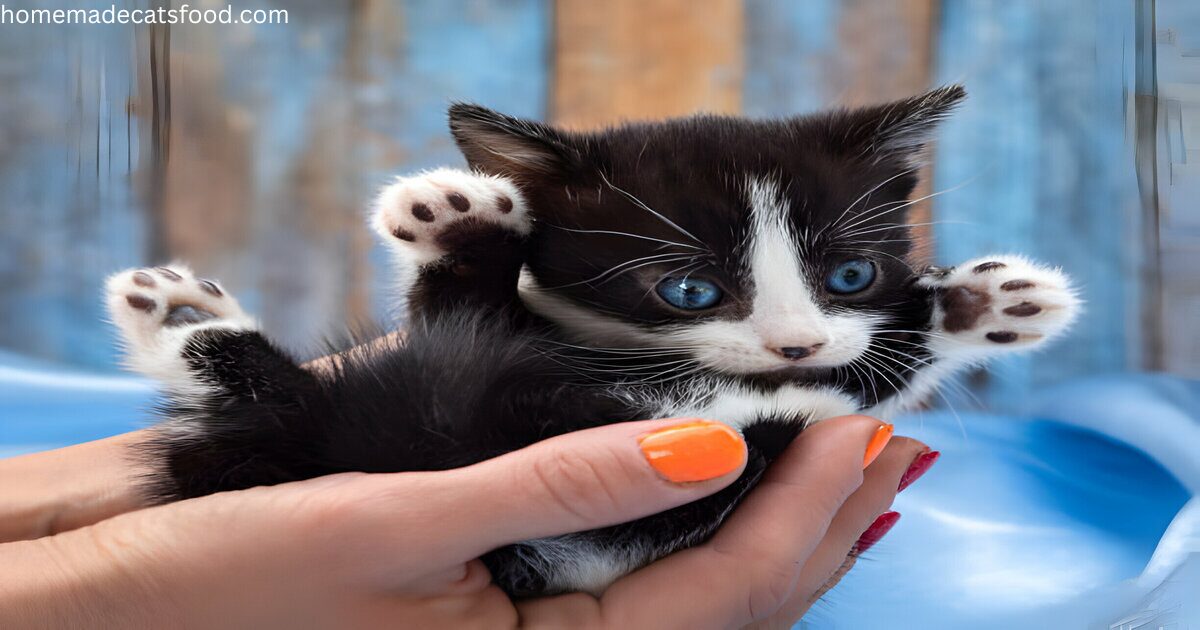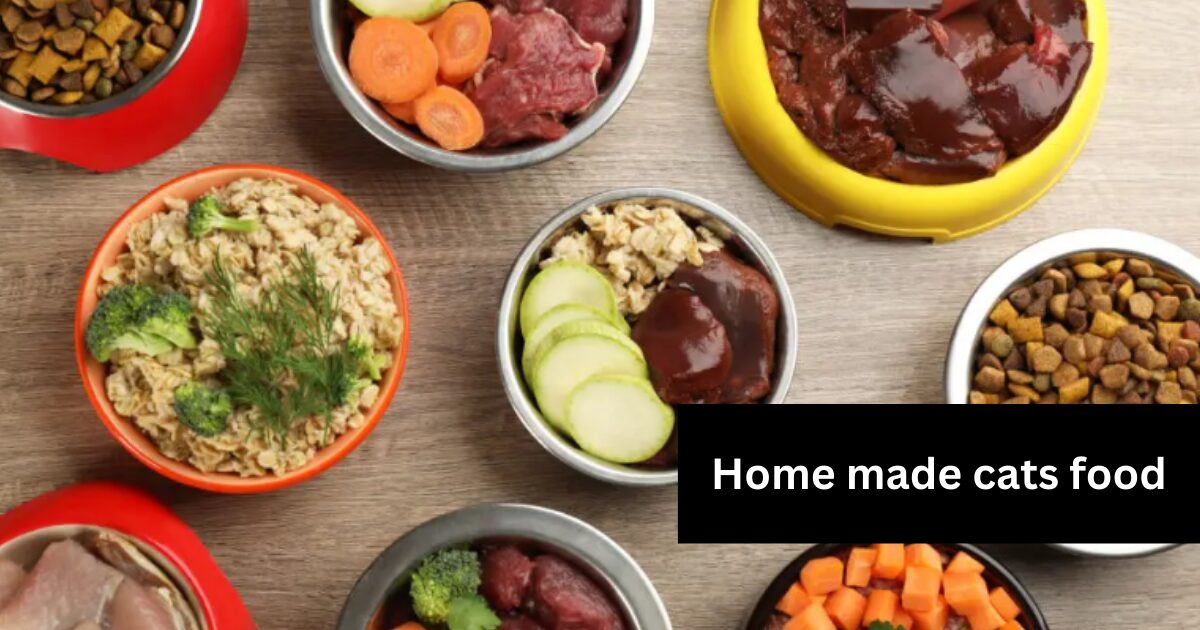Introduction
Kittens grow fast and like humans they have specific dietary needs to help them in their growth phase. Although there is commercial kitten food homemade kitten food recipes are also more popular among pet parents. Why? Control over ingredients, giving your little furball the best start in life.
Understanding Kitten Nutritional Needs
Kittens need a specific balance of nutrients to properly grow into healthy cats. Alongside the cleanliness of their habitat, they require a diet full of proteins and high quality fats, vitamins & minerals to ensure proper growth. In fact, protein is extremely important as it helps in building muscle and fueling energy.
Benefits of Homemade Kitten Food
You can now prepare the food of your own diy kitten and be sure that it is fresh and free from artificial ingredients. Now that you are in control of your kitten’s food, you get to decide what he or she eats — and this can be a big deal if they have special dietary needs (from allergies to sensitivities). In addition, those who do not eat such home cooked food increase their appetite if you cook something good at yourself than in half-finished and other semi-satisfying culinary delights.
Vet-Approved Guidelines for Homemade Kitten Food
Before you try DIY kitten food recipes that are easy to make at home, it is wise the thoroughly discuss this with your vet. These experts will advise on the optimal nutrient ratio and can recommend which supplements to mix in with your recipes. Remember that kittens require higher amounts of protein and fat than adult cats.
DIY Kitten Food: The Basics
Always make sure that kibble or homemade kitten food has a slightly higher percentage of high-quality protein, such as chicken, turkey, and fish. Kittens also requires a good amount of carbohydrate for energy but, avoid ingredients like onions and garlic which are harmful to cats. Avoid processed and pre-seasoned foods, they are nutritionally bankrupt anyway!
Key Ingredients for Homemade Kitten Food
Proteins—For homemade kitten food, consider using chicken, turkey, tuna or salmon as the main protein sources.
Carbohydrates — may include small quantities of rice or sweet potatoes to provide an energy source.
This ingredient delivers shiny coat usually and fatty acids help for health hairs & Protect against skin allergies.
Vitamins and Minerals: Your veterinarian may suggest certain nutrients that kitten needs to get properly.
Easy Homemade Kitten Food Recipes
Recipe 1: Simple Chicken and Rice
Ingredients:
- 1 boneless, skinless chicken breast
- 1/4 cup cooked white rice
- 1 teaspoon fish oil
Instructions:
- Boil the chicken breast until fully cooked then chop it into tiny, kitten-friendly pieces.
- Mix the chicken with the cooked rice and fish oil.
- Let the food cool to room temperature before serving.

Recipe 2: Tuna and Sweet Potato Mash
Ingredients:
- 1 can of unsalted tuna in water (drained)
- 1/4 cup mashed sweet potatoes
- 1/2 teaspoon fish oil
Instructions:
- Drain the tuna and mix it with the mashed sweet potatoes.
- Add the fish oil and blend until smooth.
- Serve at room temperature, and refrigerate leftovers.
- Best Homemade Kitten Food Recipe
For a balanced and nutrient-rich meal, try this best homemade kitten food recipe:
Ingredients:
1/2 cup cooked chicken (chopped)
- 1/4 cup mashed sweet potatoes
- 1/4 cup cooked peas
- 1/2 teaspoon fish oil
- A pinch of calcium supplement (ask your vet for recommendations)
Instructions:
- Cook and chop the chicken, then mix with mashed sweet potatoes and peas.
- Stir in the fish oil and calcium supplement.
- Let it cool and serve in small portions.
Adjusting the Recipes for Growing Kittens
As your kitten grows, you’ll need to increase portion sizes and adjust the balance of nutrients. Larger kittens need more protein, so be sure to include generous amounts of meat in their meals.
How Often to Feed Homemade Kitten Food
Kittens have small stomachs and require frequent meals. Feed them 3-4 times a day with smaller portions to avoid overwhelming their digestive system.
Storing Homemade Kitten Food
You can store homemade kitten food in the refrigerator for up to three days. For longer storage, freeze the food in portions and defrost as needed.
Pros and Cons of Homemade Kitten Food
Making kitten food at home comes with several benefits:
Pros: Full control over ingredients, no preservatives, and the ability to cater to specific dietary needs.
Cons: Time-consuming, requires careful planning to avoid nutrient imbalances, and some ingredients may be expensive.
Common Mistakes to Avoid When Making Homemade Kitten Food
It’s easy to make mistakes when preparing homemade food. Avoid common pitfalls like using ingredients that are toxic to cats (e.g., garlic, onions) or forgetting to add essential supplements.
When to Seek Veterinary Advice
The changes on a Kitten diet should always be consulted with your vet. If you find your kitten is generally unwell, lethargic or has dropped weight seek advice quickly to make sure that the food they are being fed meets their dietary needs.
Conclusion:
For most people, making homemade kitten food is a great way to know the meals you feed your little feline friend are fresh and healthy. Helping your kitten grow into a healthy, adult cat can be achieved by following vet-approved recipes and maintaining balanced nutrition.

